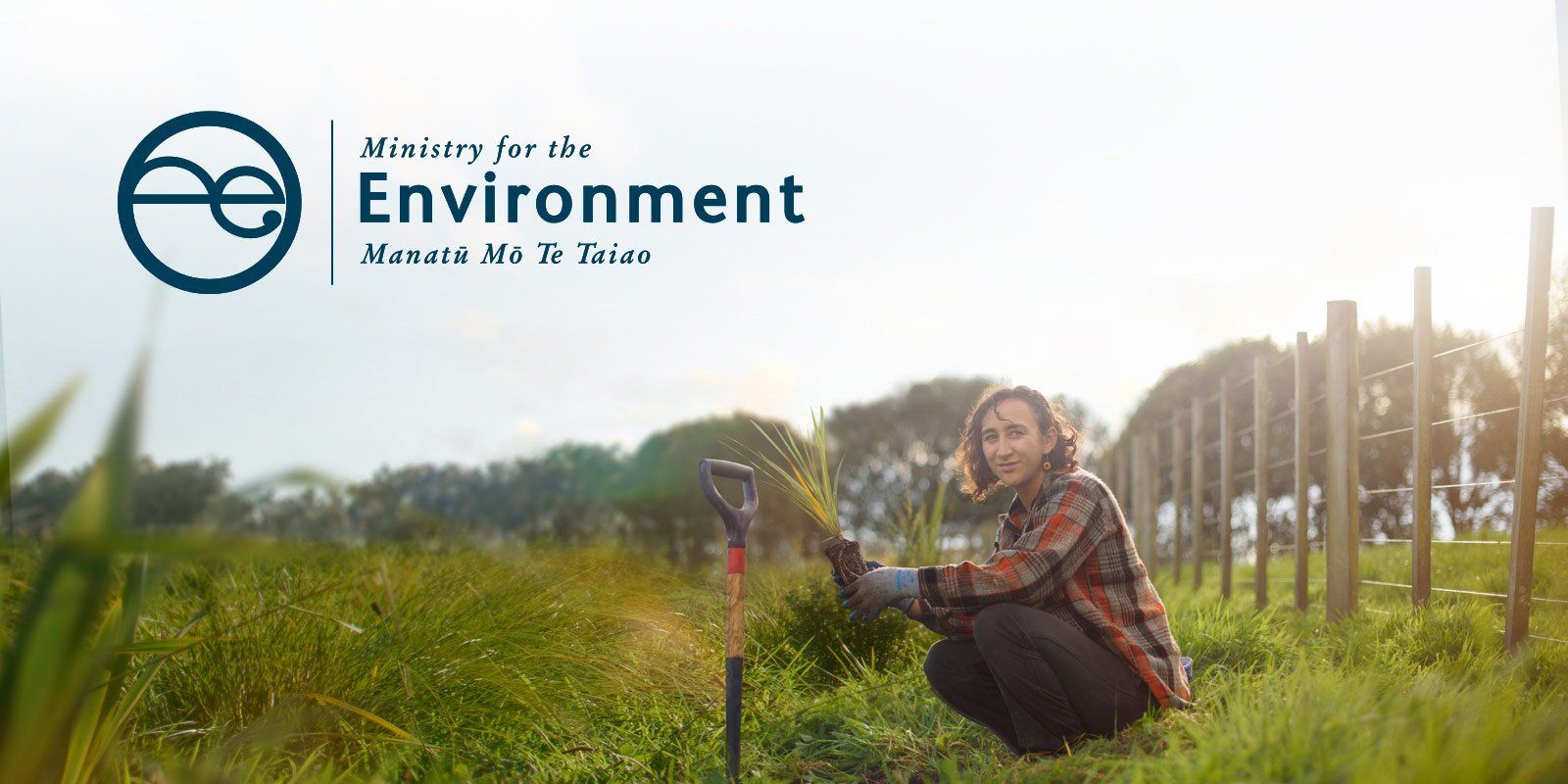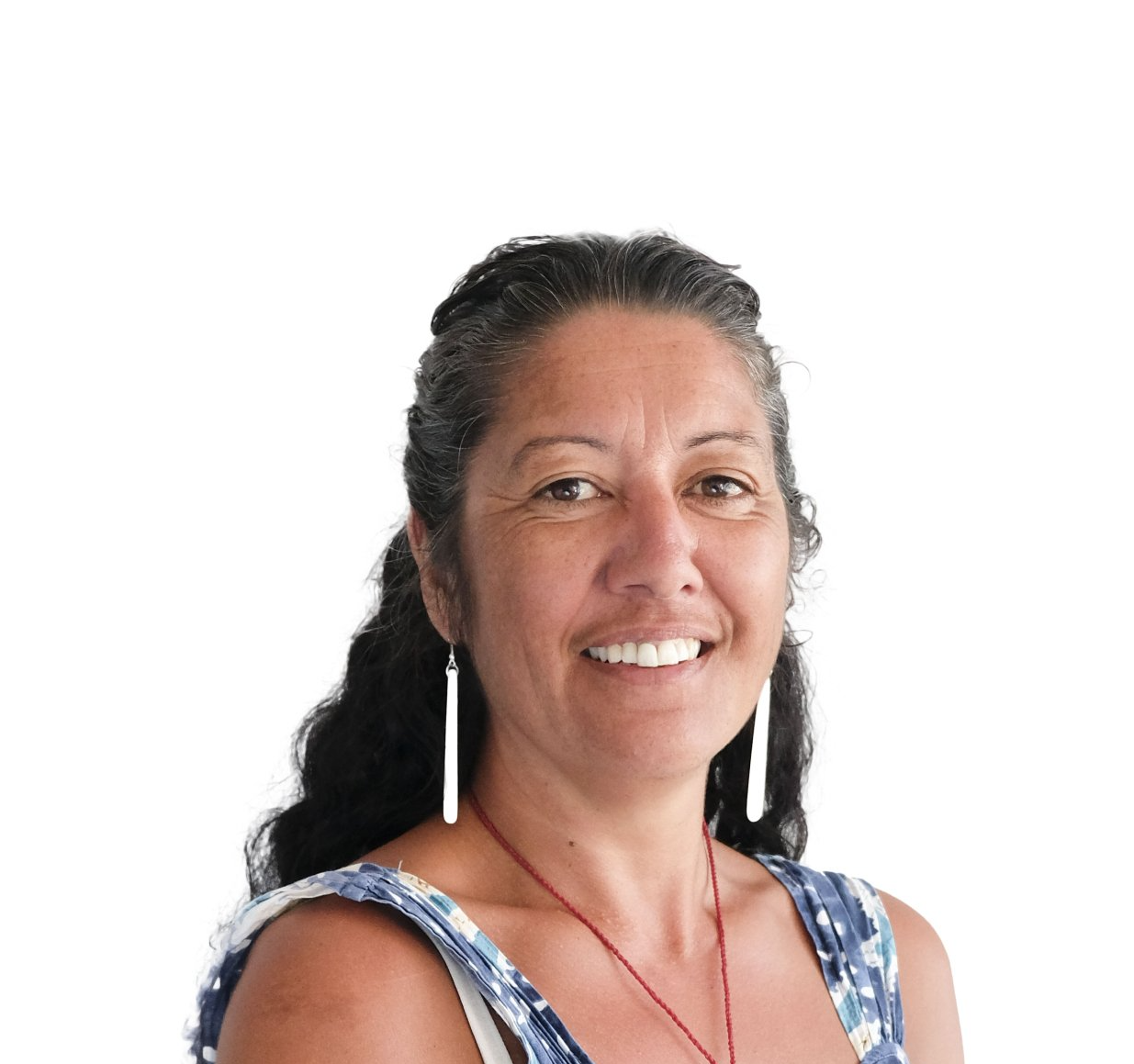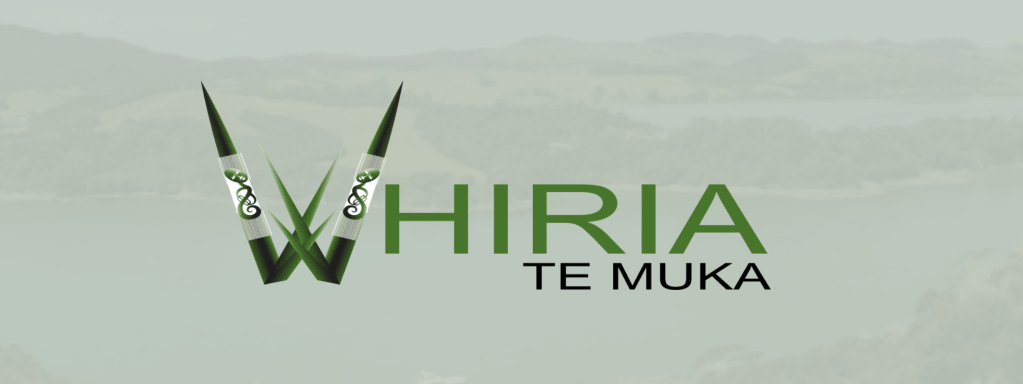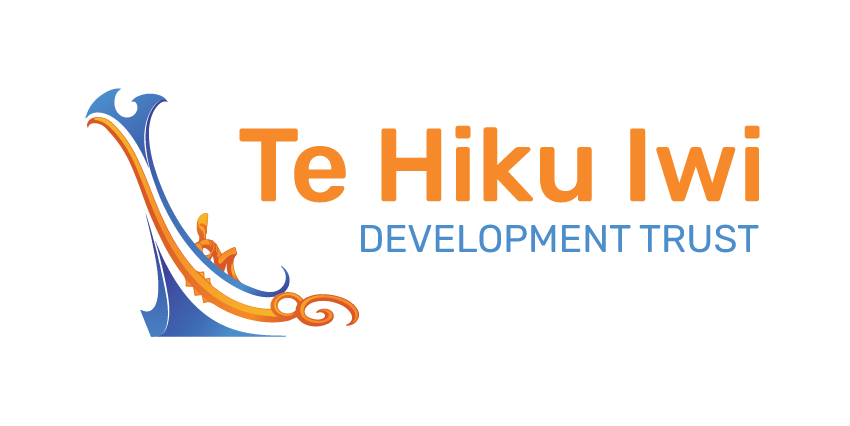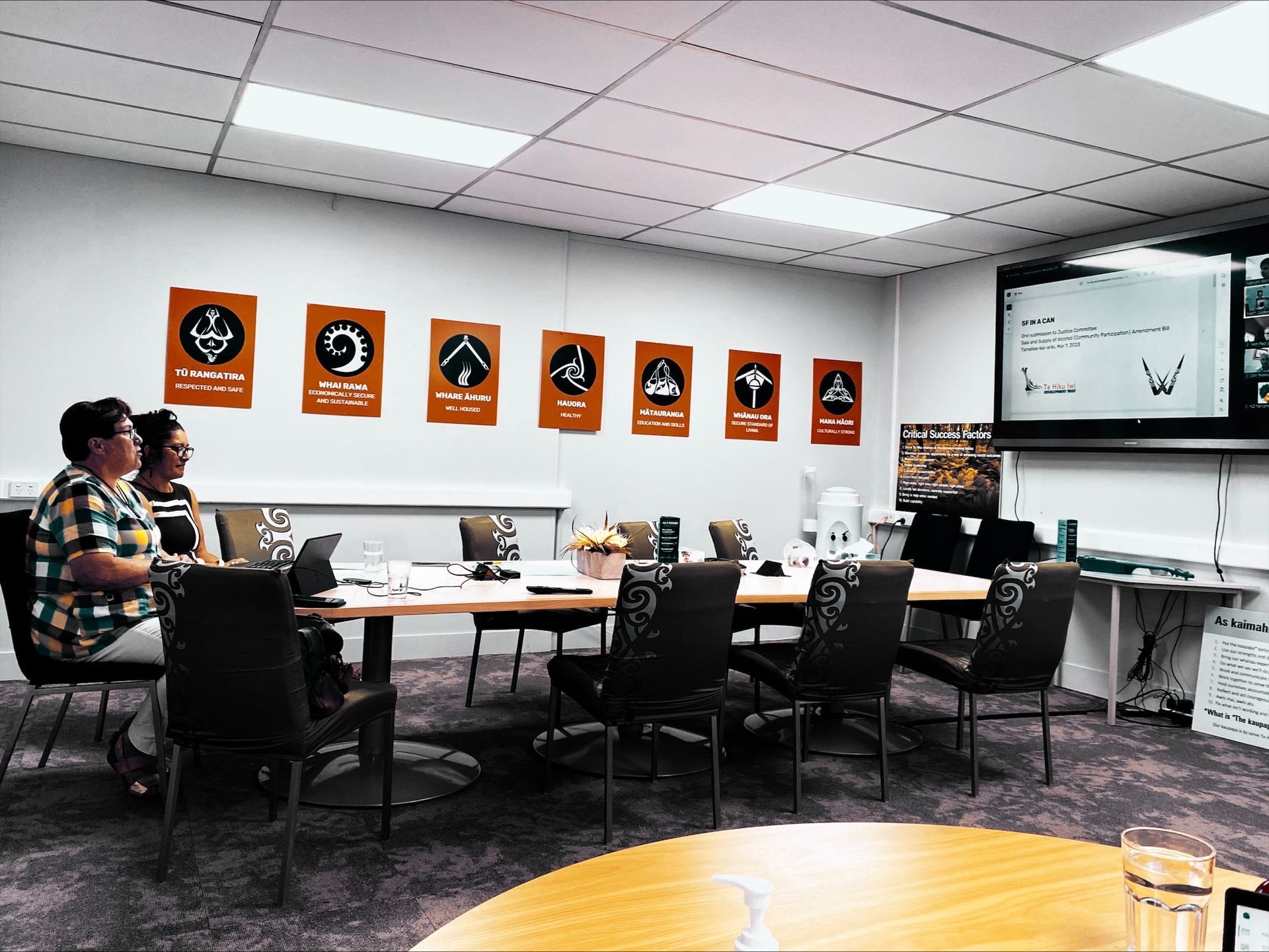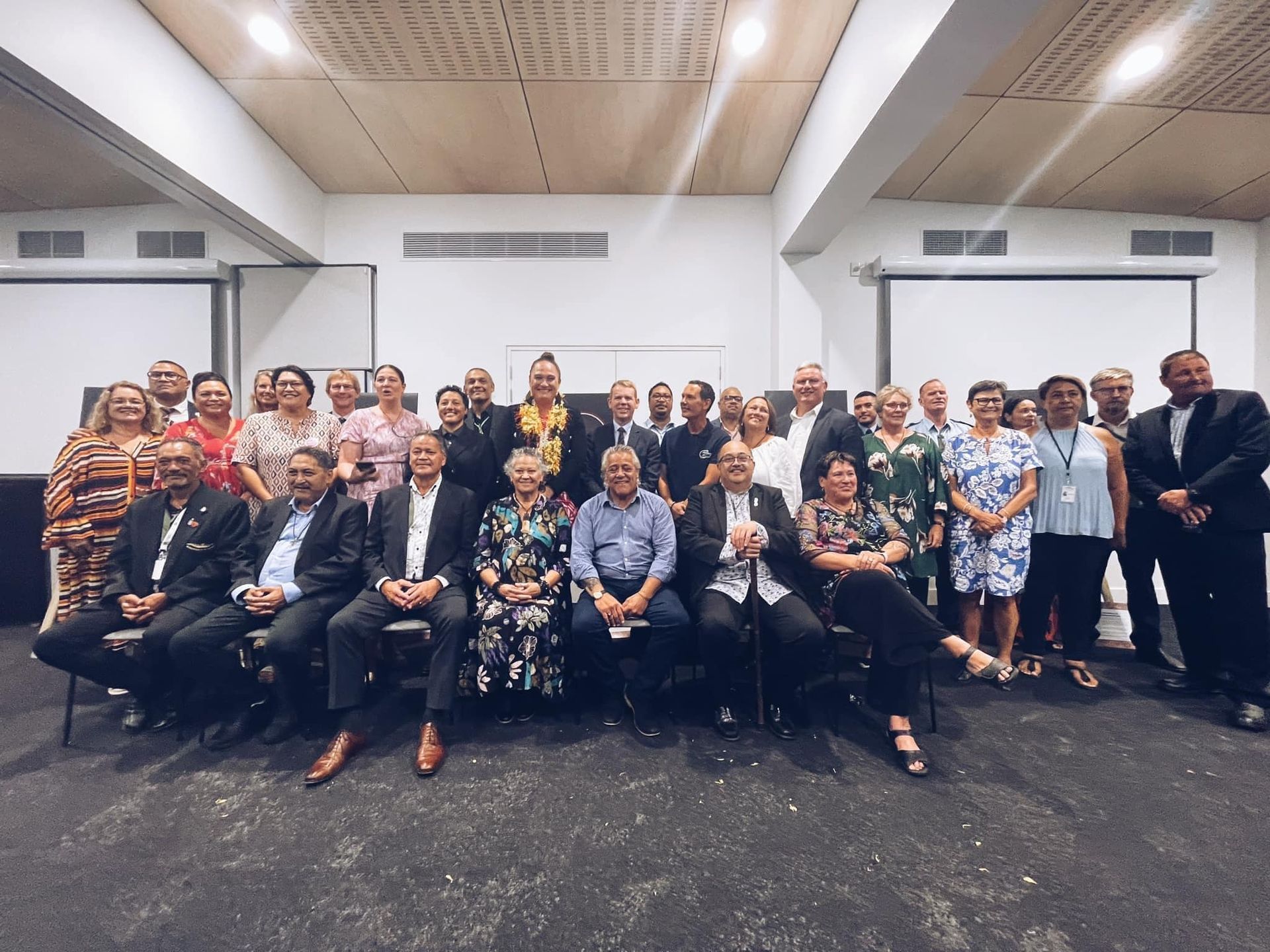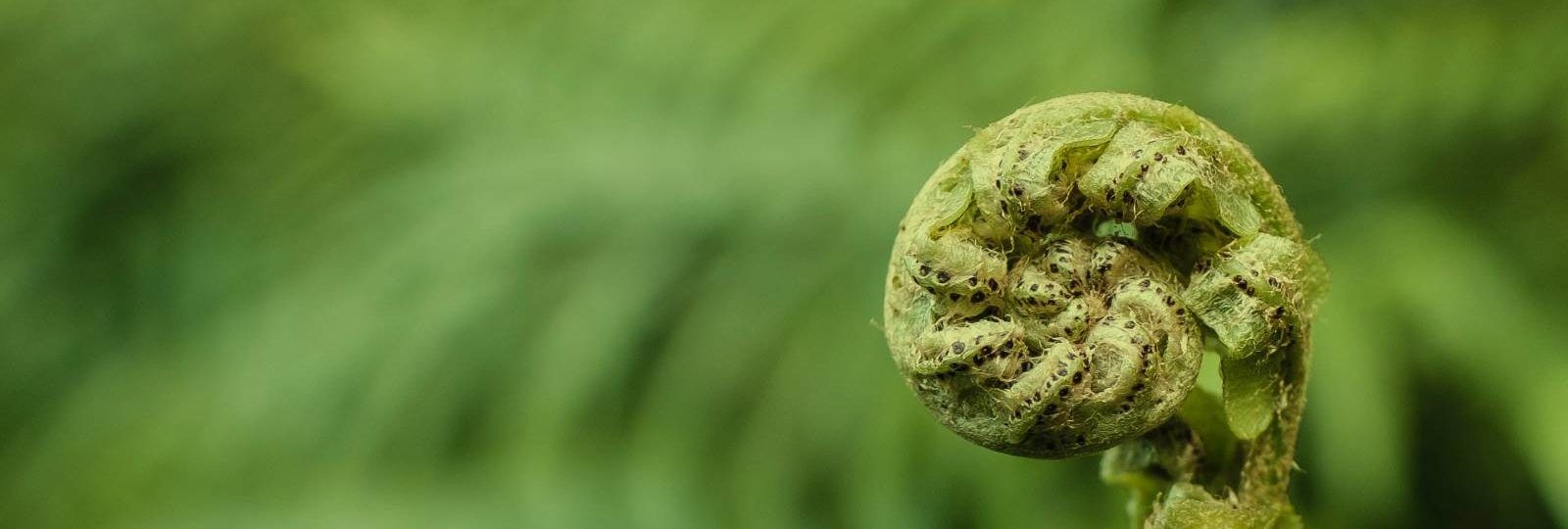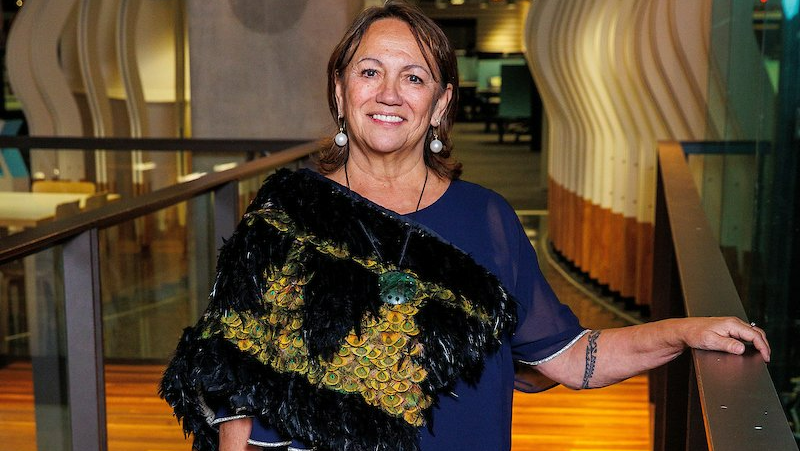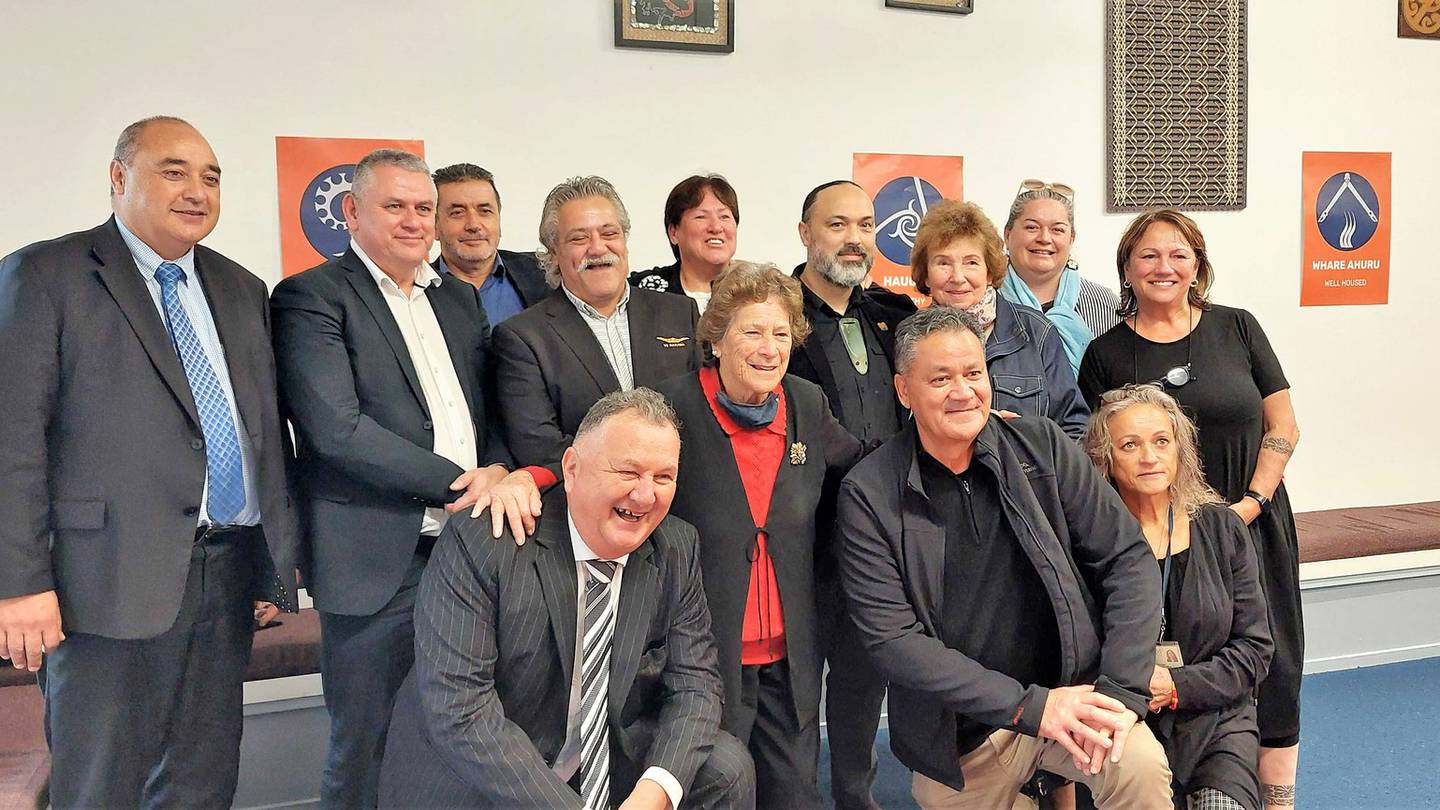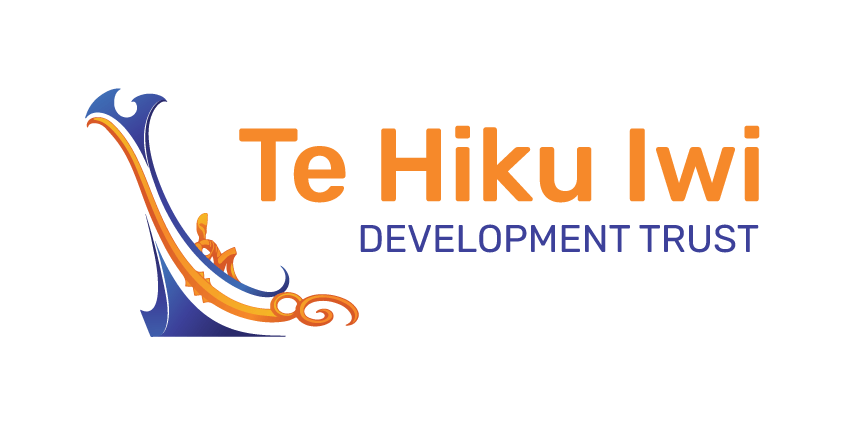Te Hiku Iwi Development Trust Coronavirus Staff Safety Plan
He Taonga Nui Te Tūpato
Tēnā koutou katoa,
At Te Hiku Iwi Development Trust we are mindful of the impact that the Coronavirus [ COVID-19] will be having on all our whānau, marae, hapū and communities. Despite all of the uncertainty one thing is certain, we are all going to be impacted significantly over the next few years so we need to be mindful and conscious of our practice.
Here is our advice for coping with the threat – some of this information is taken from the latest notices supplied by the Northland District Health Board.
As you’ll all realise, the situation is very fast moving and fluid. It is sensible to look at what has happened in some of the worst affected countries and take precautions to minimise the effects of the virus infecting our communities. We are asking that everyone does all that we can to collectively reduce rates of infection. Prevention is the best thing that we can do in the next couple of weeks and months. Prepare but do not panic.
As you may already know, some straightforward tried and true strategies relating to personal hygiene are very important. Please remember -
- Hand hygiene is important
- Covering your mouth when you sneeze with your arm/elbow
- Ensuring you keep social distance
Symptoms
If you or your whānau have any of the following symptoms, please call Healthline on 0800 358 5453 immediately and contact your line manager:
- Cough
- High temperature (at least 38°C)
- Shortness of breath
Having these symptoms doesn’t mean you have the virus, but if you do display these signs please self-isolate by staying at home, contact the Healthline. All people with symptoms should work from home as much as is possible.
A reminder to ourselves on how Coronavirus or COVID-19 spreads
- COVID-19, like the flu, can be spread from person to person. When a person who has COVID-19 coughs, sneezes or talks, they may spread droplets containing the virus a short distance, which quickly settle on surrounding surfaces.
- You may get infected by the virus if you touch those surfaces or objects and then touch your mouth, nose or eyes.
- That’s why it’s really important to use good hygiene, regularly wash and thoroughly dry your hands, and use good cough etiquette.
Preventing its Spread
- Cough or sneeze into your elbow or by covering your mouth and nose with tissues.
- Put used tissues in the bin or a bag immediately.
- Wash your hands with soap and water often (for at least 20 seconds).
- Try to avoid close contact with people who are unwell.
- Don’t touch your eyes, nose or mouth if your hands are not clean.
- Avoid personal contact, such as kissing, sharing cups or food with sick people.
- Clean and disinfect frequently touched surfaces and objects, such as doorknobs and tabletops.
- Stay home if you feel unwell.
- Good nutrition and rest will assist with resilience to infection.
- Call Healthline on 0800 358 5453 if you have any symptoms or have been in close contact with someone confirmed with COVID-19.
Most importantly this virus is unprecedented: It is okay to not be okay
Impacts on tikanga practices
It’s for each marae and hapū to decide and uphold their tikanga. THIDT staff have adopted a ‘personal rahui’ tikanga, especially in the workplace during hui, pōwhiri etc. This means refraining from:
- Hongi
- Kihikihi
- Hariru
- Awhiawhi
Whānau Gatherings – Hura Kohatu/ Tangi/ Mārena/ other events
First and foremost, if whānau members are unwell, they should stay away from events.- Secondly, Marae may need to alter pōwhiri by suspending normal tikanga/ kawa.
- We recommend serious consideration be given to, limiting or stopping hariru, hongi and kihikihi. These variations will help to prevent the movement of this illness through our communities.
- When it comes to the above points, Koroheke/Kuia may choose to temporarily dispense with selected parts of tikanga. The temporary suspension of tikanga has happened previously.
- Regarding Tangihanga. Consider having the coffin closed to prevent droplets landing on cloth and then spreading the illness.
- Please disinfect all surfaces regularly (but not the tūpāpaku).
- As per the Ministry of Health advice, if you are unable to use liquid sanitizers, washing hands with soap and water for 20 seconds or more is an effective way to maintain hygiene.
- Also limiting and/or stopping these events may have to be considered on a case by case basis and subject to what comes out nationally. As the Prime Minister has given notice about large gatherings involving more than 500 people, we recommend large hui be postponed as a precaution.
Some ideas that others are using and that could be discussed with whanau and marae, koroheke/kuia and ngā Minita ō ngā Hāhī are as follows:
Keeping hand sanitiser at gateways to marae, churches and urupā.
- Placing panui at the gate or in the Marae notifying that due to Covid-19 normal tikanga of hongi, kihi and/or awhiawhi are not being done.
- Placing pānui at the gate or in the Marae notifying that due to Covid-19 there is a closed rather than an open coffin.
- Kaikorero should mention these tikanga changes during mihimihi.
- The Northland District Health Board is establishing a Northland Incident Management Team (IMT). They will be part of a plan to assist Primary Care organisations to ensure we can cope with the numbers of community tests required, and where possible ensure that our Emergency Departments and General Practices are not swamped. The Incident Management Team and NDHB will be establishing up to 8 Community Based Testing Centres around Northland and these should be operational by Wednesday.
The Symptoms again.
If you or your whānau have any of the following symptoms, please call Healthline on 0800 358 5453 immediately and contact your line manager:
- Cough
- High temperature (at least 38°C)
- Shortness of breath
Having these symptoms doesn’t mean you have the virus, but if you do display these signs please self-isolate by staying at home and work from home as much as is possible.
Hygiene again
Follow these basic principles:
- Wash hands thoroughly; using soap and water is best
- Use hand sanitiser or antiseptic wipes when necessary
- Ensure that all ‘high touch’ surfaces are cleaned appropriately.
- Get influenza injections when they are available next month.
Here are some other guidelines:
- Seek information updates at specific times during the day once or twice. The sudden and near-constant stream of news reports can make people worried.
- Feeling stressed is an experience that you and many of your whanau are likely going through. It is normal to be feeling this way in the current situation.
- Managing your stress/psychosocial wellbeing during this time is as important as managing your physical health.
- Take care of your basic needs and ensure rest and respite when possible, eat sufficient and healthy food, engage in physical activity, and stay in contact with family and friends.
- This is an unprecedented scenario, don't try to learn new strategies, use the ones that you have used in the past to manage times of stress.
- This is likely to be a marathon - pace yourself and your whānau
- Avoid using unhelpful coping strategies such as tobacco, alcohol or other drugs.
- Some people may unfortunately experience avoidance by their family or community due to stigma or fear. If possible, staying connected with your loved ones including through digital methods is one way to maintain contact. Turn to your whānau for social support - your relations and friends may be having similar experiences to you.
- Consider the steady stockpiling of dry rations i.e. salt, sugar, flour, tea.
- Purchase some painkillers like Panadol.
- Airports and public transport areas are places of high risk. Limit your visits to these venues.
- Consider having influenza injections when they are available next month.
